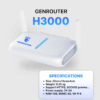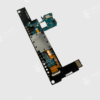In the field of computer networking, Hub, Switch vs Router are important devices but often cause confusion due to some similar functions. However, understanding hub, switch vs router clearly will help you optimize the building of your network system, from connecting internal devices to accessing the Internet. Let’s learn in detail about Hub, Switch vs Router and how to distinguish them in this article.
What are Hub, Switch, and Router
In today’s modern technological world, connecting and sharing data between devices is indispensable. To achieve this, network devices like Hub, Switch vs Router play an extremely important role. Each device has its own function, suitable for different needs and environments. The section below will explain each type of device in detail, helping you better understand the role and operation of Hub, Switch vs Router.
What is a Switch?
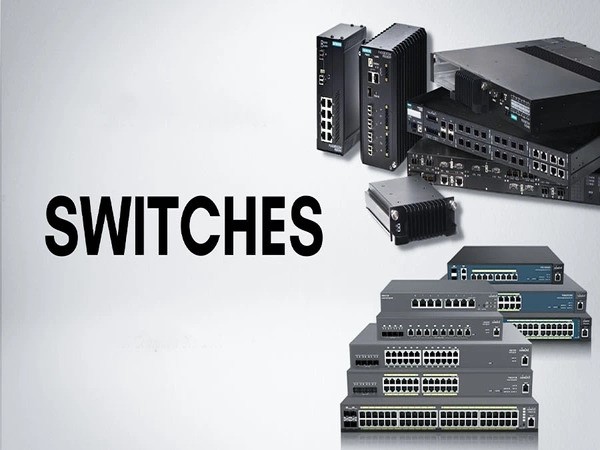
A Switch is a network device used to connect devices within the same local area network (LAN). A Switch operates intelligently by analyzing the MAC address of each device to forward data to the correct destination. This helps increase efficiency and data transfer speed within the network. Unlike a Hub, a Switch minimizes data collisions by managing independent data streams. Modern switches also support many features such as VLAN, QoS, and network security.
What is a Router?
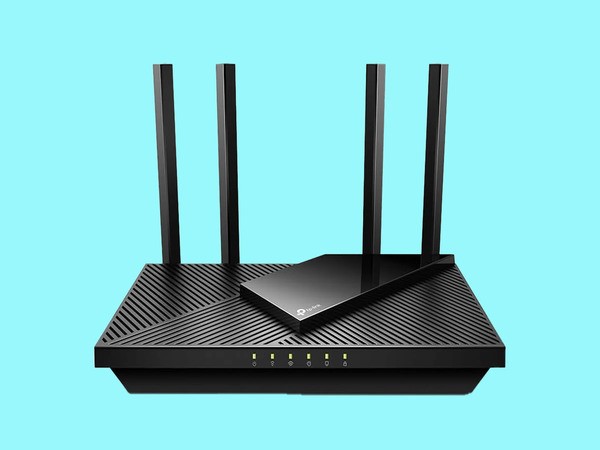
A Router is a device that connects different networks and directs the flow of data between them. A Router is often used to connect a local area network (LAN) to a wide area network (WAN), such as the Internet. This device works by using IP addresses to route data to the correct destination. In addition, a Router can also protect the network through firewalls and access control, ensuring data safety during transmission. Modern Routers often support wireless connections (Wi-Fi) and provide many advanced network management features.
What is a Hub?
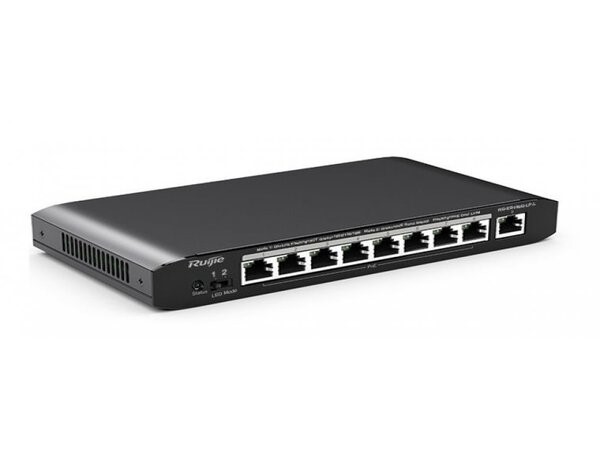
A Hub is a simple network device used to connect devices in a LAN. Unlike a Switch, a Hub does not analyze data or manage data flow. When a device sends data through a Hub, the Hub sends a copy of that data to all other connected ports, regardless of which device is the destination. This can cause data collisions and reduce network performance. Due to its simple features and low cost, a Hub is often used in small networks or those that do not require high speed.
The difference between Hub, Switch vs Router
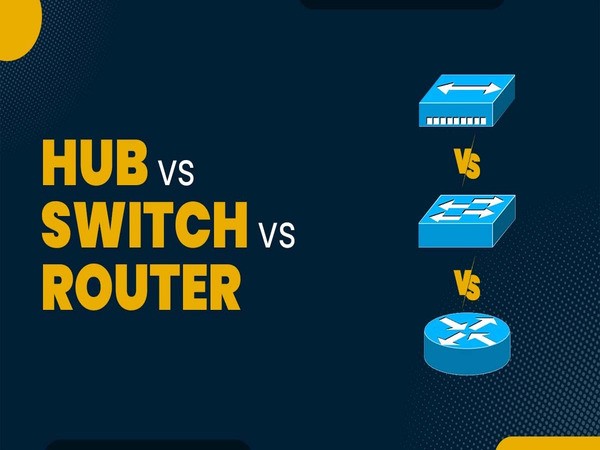
Devices like Hub, Switch vs Router play an important role in connecting and transmitting data. Below is a detailed analysis of the differences between Hub, Switch vs Router through a visual comparison table, making it easy for you to recognize and choose the right device for your needs.
| Criteria | Hub | Switch | Router |
| Function | Connects devices in the same LAN and broadcasts data to all devices. | Connects devices in a LAN and intelligently transmits data to the correct receiving device. | Connects different networks (LAN to LAN, LAN to WAN) and routes data over the Internet. |
| Operating principle | Broadcasts data to all ports except the one that received the data. | Analyzes MAC addresses to transmit data to the correct receiving device. | Uses IP addresses to route data between networks. |
| Data processing capability | Simple, no ability to analyze or manage data. | Capable of managing data flow and minimizing collisions. | Intelligently routes data between networks and can filter and inspect data. |
| Network performance | Low, prone to data collisions. | Higher than a Hub, optimizes network bandwidth. | High, ensures stable connections between networks. |
| Security | No security support. | Has some basic security features like VLAN. | Supports high security, including firewalls, VPN, and access control. |
| Cost | Lowest. | Medium, higher than a Hub. | Highest of the three types of devices. |
| Application | Small networks, not requiring high performance. | Small and medium-sized enterprise networks needing high speed and better management. | Connections between large networks, home networks needing Internet access. |
Hub, Switch vs Router are basic network devices but have different roles and uses. Understanding the differences between Hub, Switch vs Router will help you make the right decision in designing and building a network system.
Conclusion
Clearly understanding the differences between Hub, Switch vs Router not only helps you choose the right device but also optimizes the performance of your network system. Depending on your needs, you can combine all three of these devices to build a powerful, stable, and secure network.









